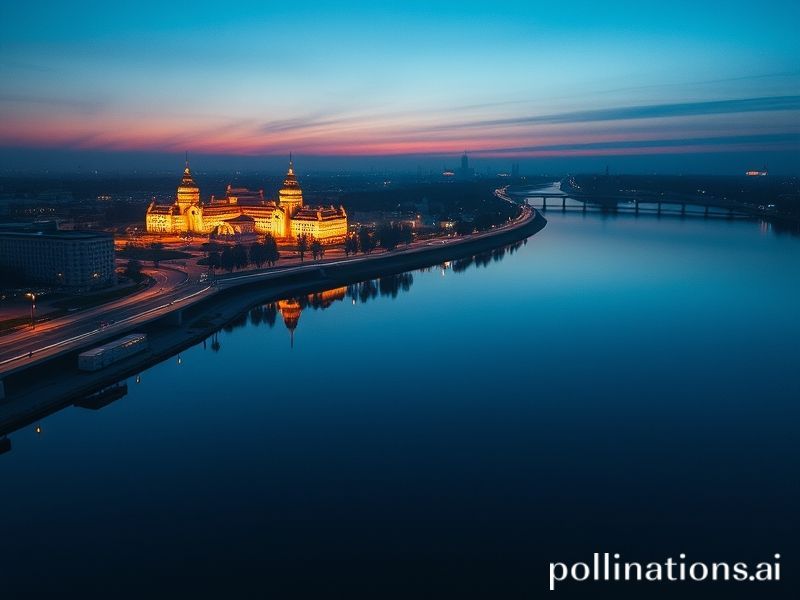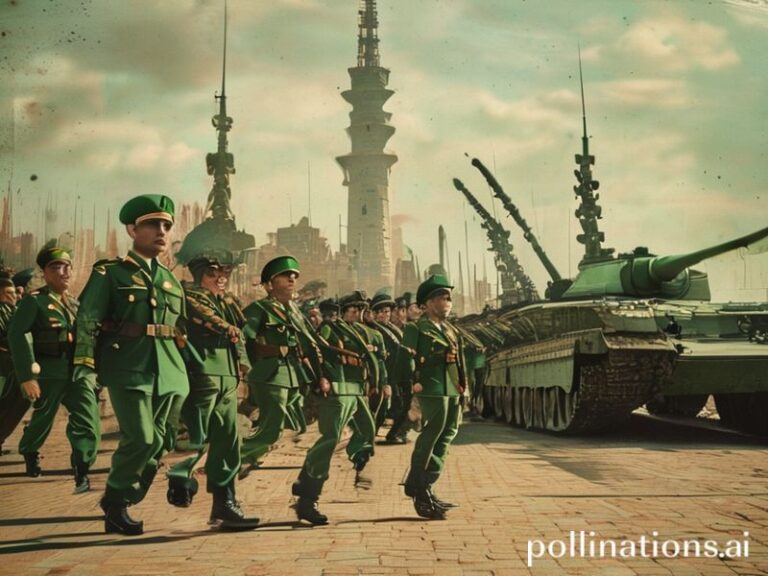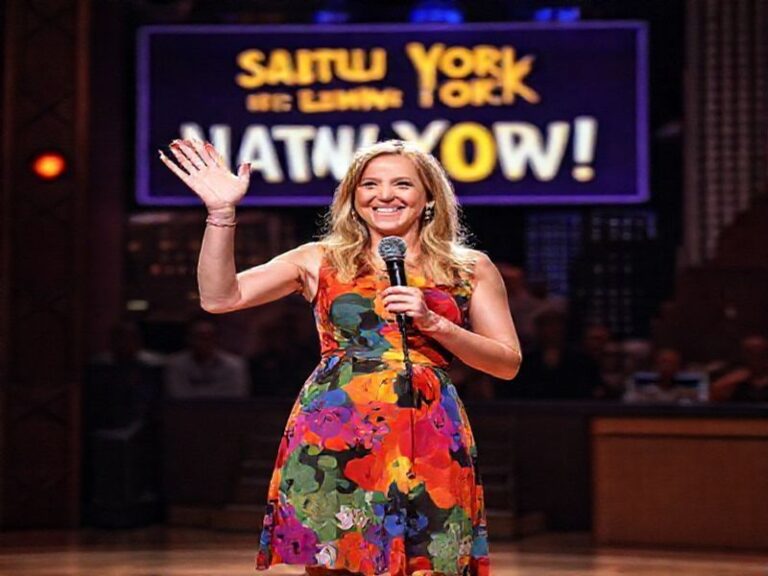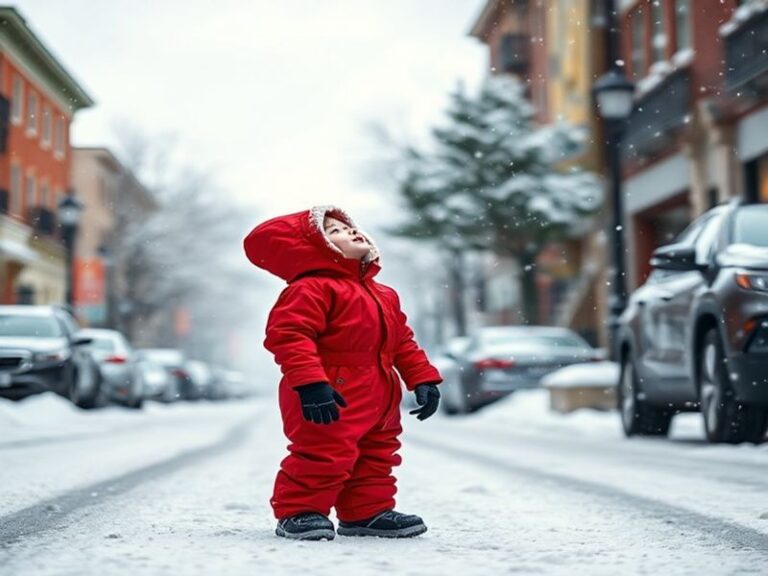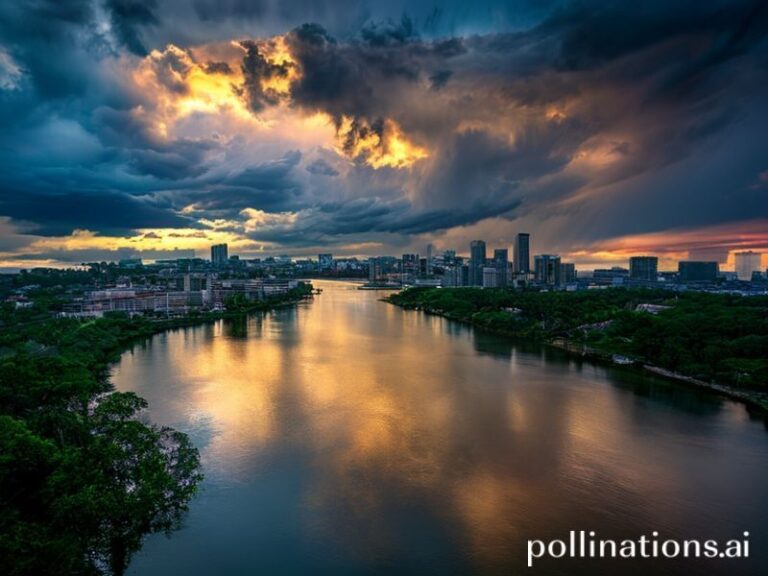Minsk: The World’s Favorite Neutral Battlefield with Free Wi-Fi (Terms and Oppression May Apply)
Minsk – the very name sounds like a typo a sleep-deprived flight-booking algorithm might cough up after three espressos and a corrupted CSV file. Yet this city of two million, stranded somewhere between Warsaw and the outer rings of geopolitical hell, keeps turning up in the world’s inbox like an unkillable chain letter. One year it’s hosting cease-fire talks that nobody intends to honour; the next it’s detaining a dissident journalist while his Ryanair flight wonders why the seat-belt sign just morphed into a subpoena. Minsk is simultaneously nowhere and everywhere, the Schrödinger’s cat of capitals: open the box and you never know whether you’ll find a peace protocol or a truncheon.
To the wider planet, Minsk functions as a geopolitical vending machine: insert regional instability, receive a hastily brokered accord, then watch the snacks get stuck on the spiral coil anyway. When Russia needs a showroom for “fraternal Slavic integration,” Minsk obliges with freshly painted Soviet facades and the faint smell of paint covering mildew. When Brussels wants proof that sanctions can still bruise an autocrat, Minsk exports potash and political prisoners in equal measure, a buy-one-get-one that would make any marketing department blush. Even Washington occasionally remembers Minsk exists—usually when the State Department runs out of other cities to threaten with “consequences” that arrive by second-class mail.
But the city’s real export is irony. Consider its tech sector, lovingly rebranded “Silicon Valley on the Svislach.” For a while, Belarusian programmers coded half the world’s dating apps, teaching lonely hearts to swipe right while their own government outlawed public gatherings of more than two unsupervised umbrellas. The contradiction was so perfect that venture capitalists mistook it for innovation. Then came 2020, when the same coders who built voting software for foreign democracies discovered their own ballots were being tallied by people who thought Excel was a bourgeois indulgence. Many fled to Kyiv, Warsaw, or that great purgatorial waiting room known as “remote work from Tbilisi.” Minsk responded by criminalising unemployment—problem solved, spreadsheet closed.
Internationally, Minsk has become shorthand for “neutral venue” in the same way a vacant lot is neutral to both rival gangs: nobody lives there, so the graffiti doesn’t matter. OSCE observers sip overpriced lattes while pretending not to notice the snipers on nearby rooftops. Diplomats exchange grim handshakes under chandeliers whose bulbs were last changed during the Brezhnev era, casting everyone in the sickly glow of a morgue selfie. The resulting communiqués read like horoscopes for doomed romances: “Both sides reaffirmed their commitment to de-escalate, provided the other side de-escalates first, and Mercury isn’t in retrograde.”
Still, Minsk endures, proving that cities can be both stage and hostage. Its boulevards are wide enough for tanks yet still lined with ice-cream kiosks, because nothing says cognitive dissonance like a chocolate-dipped cone while APCs idle at the curb. Tourists—those mythical creatures—are advised to download offline maps; the internet has a habit of disappearing whenever the president misplaces his spectacles. Meanwhile, expats compare blackout schedules the way Londoners once compared bomb shelters: “We lose signal at 8 p.m.; yours?” Somewhere in the process, daily life becomes an act of deadpan resistance, and the city’s greatest rebellion is simply continuing to exist.
So raise a glass (local kvass, 2% alcohol, 98% resignation) to Minsk: capital of contradictions, city-sized metaphysical joke, and the only place on Earth where a cease-fire and a forced confession can share the same press conference. It may never trend on TikTok, but it will forever haunt the footnotes of global agreements—the asterisk that reminds us every deal comes with fine print written in Cyrillic and disappearing ink. In the end, Minsk teaches the world what it least wants to learn: that geography is destiny, destiny has a sense of humour darker than borscht, and the only thing more permanent than concrete is bad faith.

